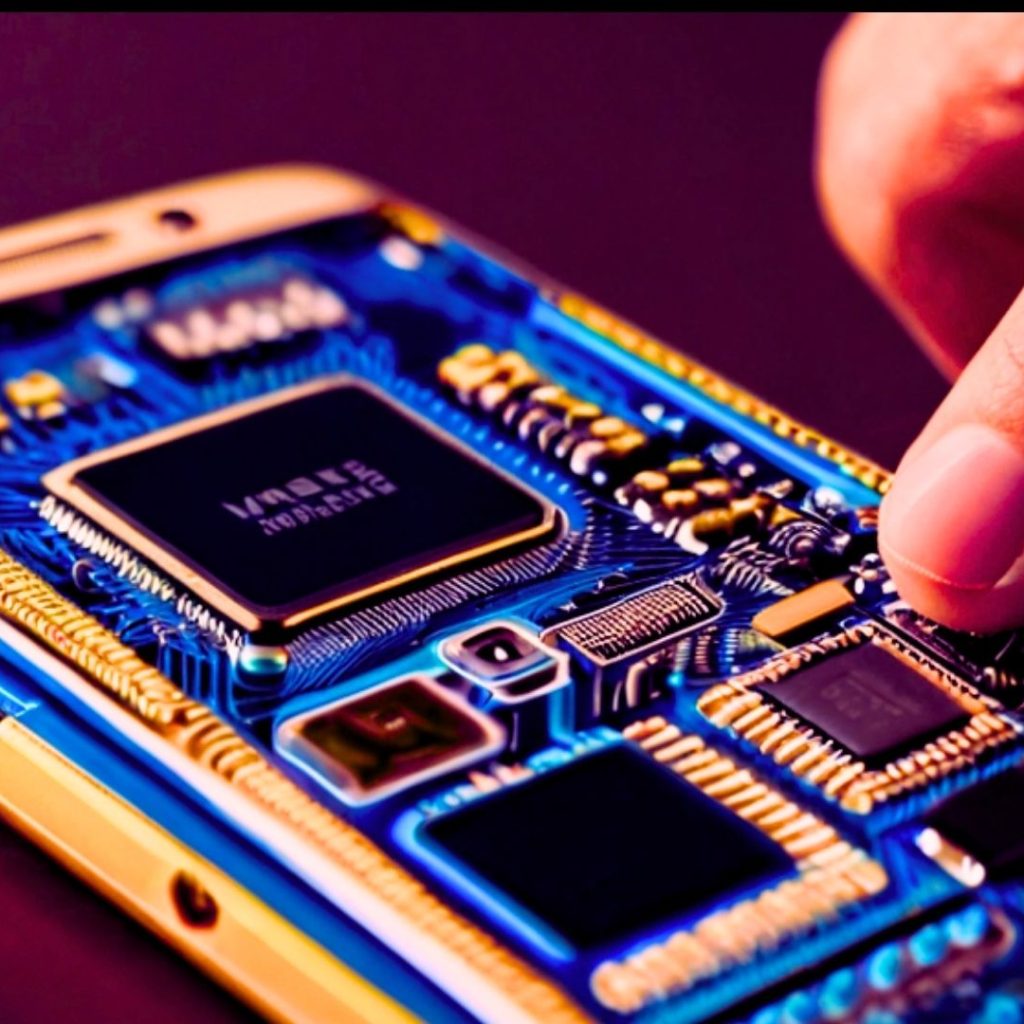In the rapidly evolving landscape of technology, artificial intelligence (AI) stands as a beacon of innovation, offering promises of transformative solutions to societal challenges. Yet, amidst the awe and excitement surrounding AI’s capabilities, concerns about its impact on the workforce loom large. As the age of intelligent machines dawns, questions arise regarding the fate of human labor and the role of AI in shaping the future of work.
AI augmentation vs. replacement
The integration of AI into the workforce is poised to redefine the nature of professions, but it does not necessarily entail the wholesale replacement of human labor. AI serves as a complementary tool, enhancing productivity and efficiency across various industries. The fear of automation-induced job loss is not unfounded, but history has shown that technological advancements often lead to the creation of new opportunities. Just as the advent of the internet revolutionized communication and commerce, AI has the potential to revolutionize how we work.
Also, AI’s capacity to process vast amounts of data and perform complex tasks can alleviate the burden of repetitive and mundane work, allowing humans to focus on tasks that require creativity, empathy, and critical thinking—qualities that are uniquely human. While certain roles may become obsolete, AI is more likely to augment existing jobs by providing valuable insights and support. For example, in healthcare, AI-powered diagnostic tools can assist medical professionals in making more accurate and timely diagnoses, ultimately improving patient outcomes.
The upgraded workforce
As AI becomes increasingly integrated into the fabric of our society, the nature of work is undergoing a profound transformation. The evolution of work will necessitate the development of new skills and competencies to adapt to an AI-driven economy. In response to this shifting landscape, educational institutions and training programs must equip individuals with the digital literacy and technical skills needed to thrive in the future workforce. Also, as AI algorithms are susceptible to biases and ethical considerations, it is imperative to implement safeguards to ensure fair and responsible AI deployment.
Also, the emergence of AI-driven industries and professions presents opportunities for economic growth and innovation. From data scientists to AI ethicists, new roles will emerge to support the development, deployment, and regulation of AI technologies. However, as AI continues to reshape the labor market, disparities in access and opportunity must be addressed to ensure equitable outcomes for all members of society. By fostering collaboration between policymakers, industry leaders, and civil society, we can harness the potential of AI to drive inclusive growth and address pressing global challenges.
As AI continues to permeate various facets of our lives, the evolution of work stands at a crossroads. While fears of job displacement abound, the reality may entail a more nuanced narrative. By embracing AI augmentation and prioritizing responsible deployment, societies can navigate the challenges and opportunities presented by AI integration. The question remains: will we seize the potential of AI to upgrade professions and foster inclusive growth, or succumb to apprehensions about its impact on the workforce? The answer lies in our ability to adapt, innovate, and collaborate in harnessing the transformative power of AI for the benefit of all.





